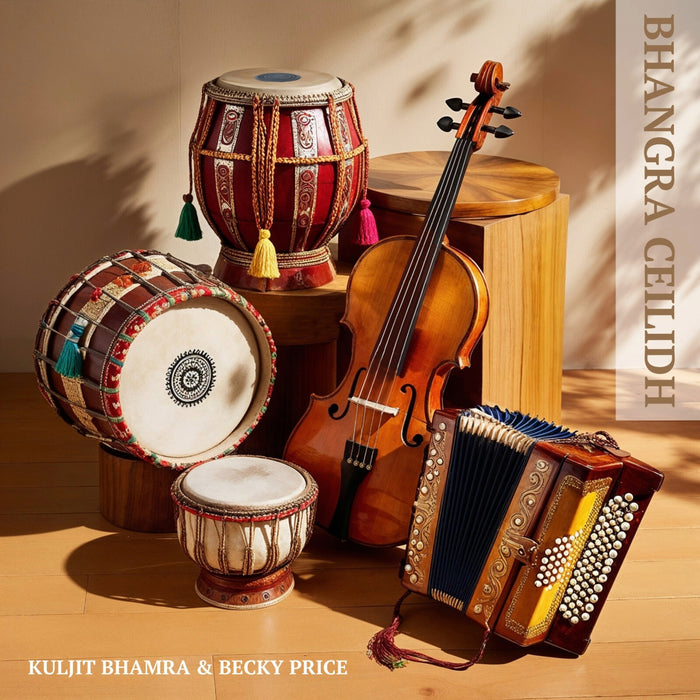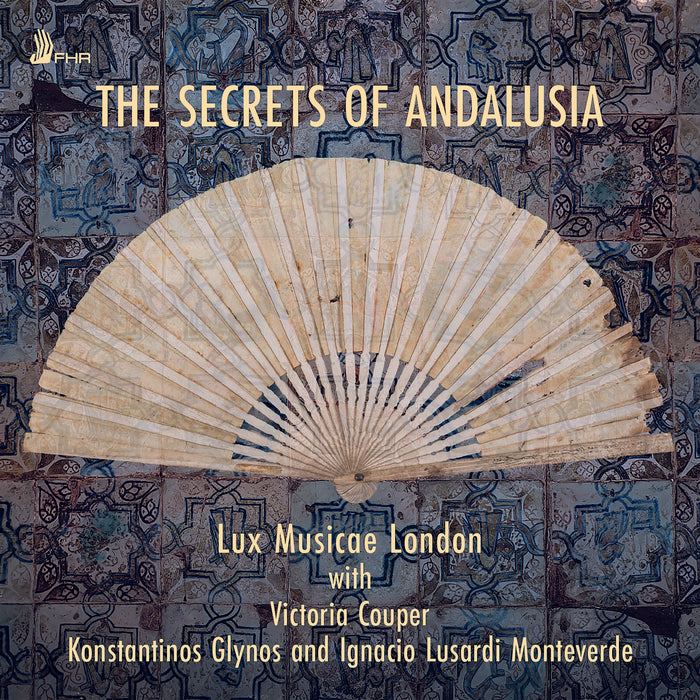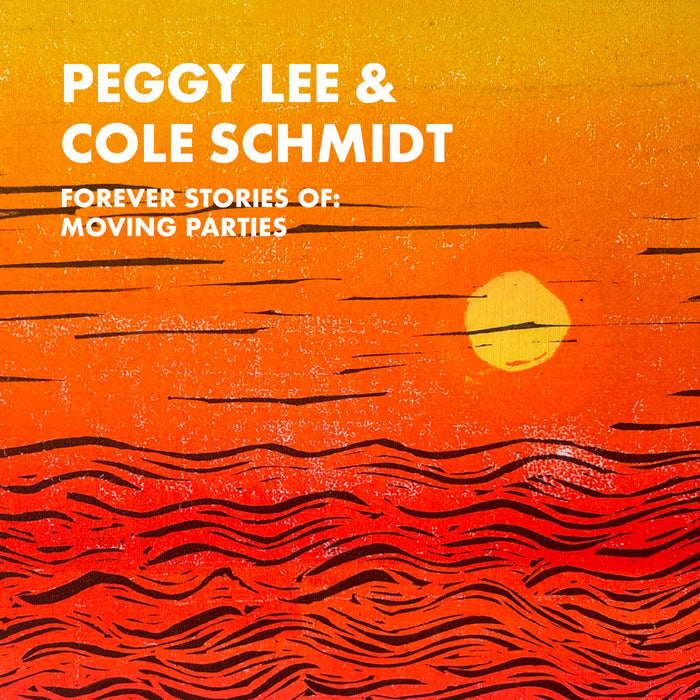Description
Waaju & Majid Bekkas's 'Alouane' stands as testament for creation and collaboration even in the most challenging of times. Whilst it becomes increasingly difficult bringing overseas artists to the UK, the record encapsulates connectivity across cultural or generational boundaries, and the explosive energy of live collaboration in the wake of Covid-19's isolation.
Brainchild of Waaju bandleader Ben Brown, this unique collaborative record features Brown's expansive arrangements of traditional Gnawa songs, bringing Bekkas' incredible musical force into the soundscape of potent grooves and trippy delays that Waaju has become known for.
Bekkas, who's previous collaborators include Pharoah Sanders, Archie Shepp and Peter Brotzmann, is considered one of the foremost figures in Moroccan Gnawa music today and has been key in the music's revival over the last decade. He's also never before collaborated with a UK band which, at the time of recording, was his first visit to the UK. On 'Alouane', Bekkas is welcomed effortlessly into Waaju's simmering chemistry, which can be heard most vividly on their previous studio albums 'Grown' in 2020 and a self-titled debut in 2018. Waaju's members have remained deeply connected throughout the ensemble's eight year history amidst working in the bands of Mulatu Astatke, Alfa Mist, Loyle Carner, Jordan Rakei, Jos? James, Ashley Henry, Nubiyan Twist and others, and their music has commanded global listenership and has been championed by the likes of Gilles Peterson, Jazz FM, Jungle & Jordan Rakei.
'Alouane' translates as 'Colours' in Arabic and speaks of the seven colours which are integral to Gnawa music. Each colour represents and invokes a different spirit and most Gnawa songs are within one of these seven colours. It is said that each person has a connection with one of these colours, whether they are aware of it or not which, at times, can result in intense, involuntary bodily reactions upon hearing a certain Gnawa song. Recorded largely at a packed Church of Sound in London, the room's energy surges to peaks of extreme uplift with uncontrolled audience hollers like on "Bania", balanced with others of delicate introspection like on "Lando". 'Alouane' presents a record light on its feet with harmonic nuance and dynamic sensibility, and acts as a powerful contribution to the Gnawa fusion genre.






















